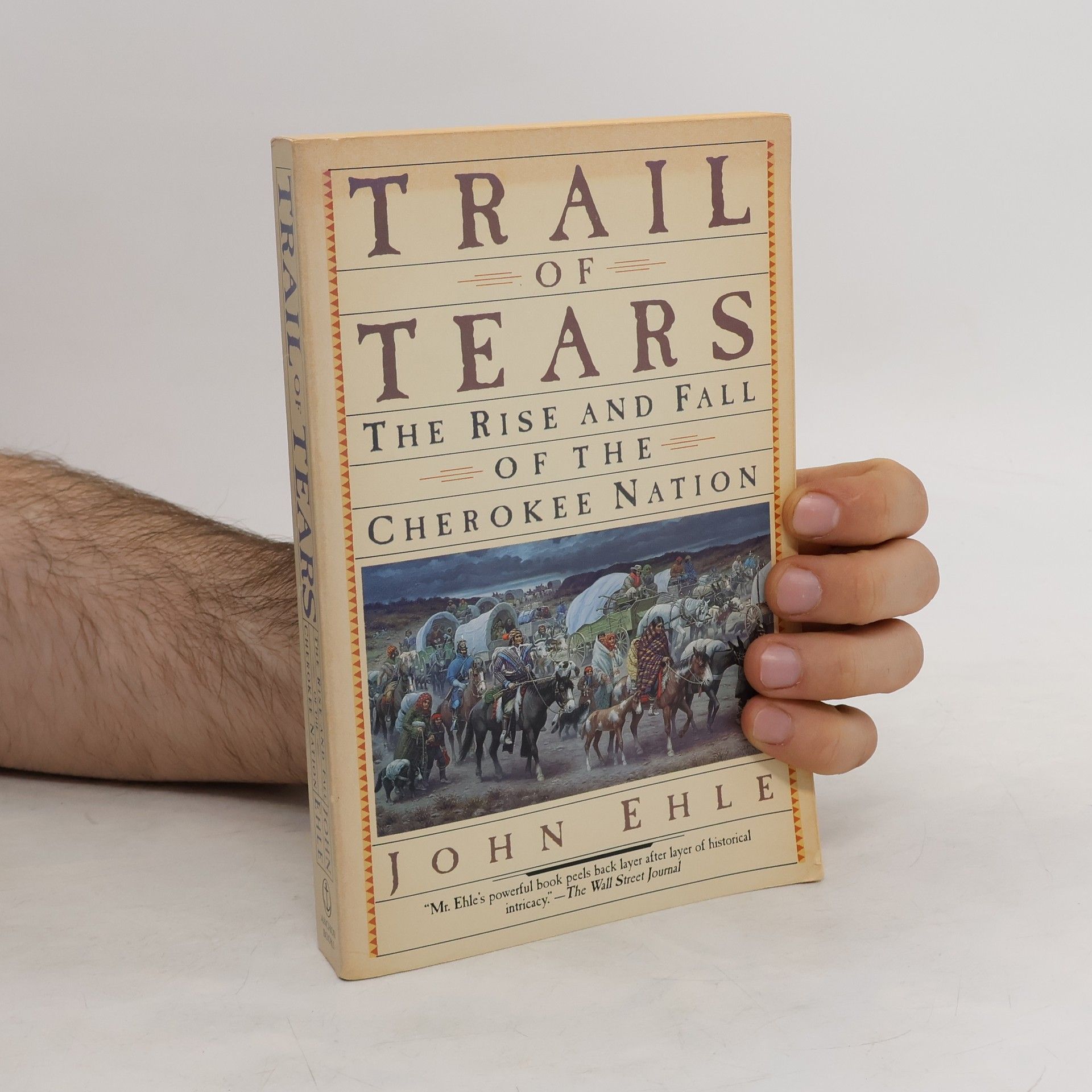Set against the backdrop of former Cherokee hunting grounds, the narrative weaves a poignant tragedy steeped in historical detail. The author, John Ehle, a sixth-generation North Carolinian, draws on his deep roots and extensive research to craft a compelling story that reflects the complexities of the region's past. His acclaimed writing offers a unique perspective on the intertwining of personal and cultural histories.
John Ehle Boeken
John Ehle vangt meesterlijk de ruige schoonheid en de complexe levens van de bewoners van de bergen van North Carolina, een landschap dat als achtergrond dient voor een groot deel van zijn fictie. Zijn werken duiken diep in de menselijke geest en verkennen thema's als traditie, veerkracht en onverzettelijke wil. Ehles stijl wordt gekenmerkt door zijn sterke personages en meeslepende verhalen die lezers naar zijn levendig weergegeven werelden trekken. Zijn schrijven biedt een essentieel inkijkje in het hart van het landelijke Amerikaanse leven en biedt diepgaande inzichten in geïsoleerde gemeenschappen.







This "learn by reading" edition is for readers for whom English is a second language. It can be read by anyone who has learned 2,000 words of English.
Reader's Digest Auswahlbücher
Morgens um sieben ist die Welt noch in Ordnung, Fräulein Tausen Frühlingsblüten, Der Bahnbau, Das Ding
Weg der Träume
- 221bladzijden
- 8 uur lezen
Weg der Träume - Die Liebe ist sein Ziel - Erfolgreich verfilmt mit Jason Patric & Thandie Newton - bk1242; Goldmann Verlag; John Ehle; pocket_book; 1996
Die Söhne des Löwen
- 310bladzijden
- 11 uur lezen
Reader’s Digest Auswahlbücher
Morgens um sieben ist die welt Noch in Ordung. Fräulein tausend Frohlingsblüten. Der Bahnbau. Das Ding
Román o osudech Wrightů a Kingů v severokarolínském pohraničí jenž je druhý ze součástí ságy: Průkopníci, Čas bubnů, Cesta, Lev na krbu.

